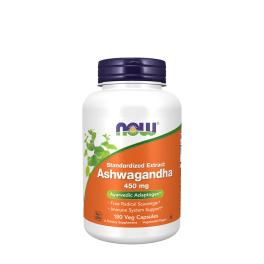Naturally occurring medicinal plants contain a wide variety of active substances, in their case we are talking about groups of active substances (such as vitamins, minerals, flavonoids, ecdysteroids, terpenoids, etc.). A given medicinal plant may contain several different vitamins, minerals and flavonoids.
This allows them to produce a wide variety of effects without side effects. If one word were to describe them, it would be balance. They have a balance in nature, and this is a particularly important aspect with regard to antioxidants.
In a broad sense, antioxidants are enzymes, molecules or elements that play an important role in protecting against substances that damage cells (free radicals).
Free radical formation in our bodies also occurs during natural metabolism, but is enhanced by stress, physical work-load, toxins, radioactive and UV radiation. All these damaging processes are called oxidative stress. Oxidative stress is associated with the development of many diseases.
A vitamin can take many forms (we call them isoforms), each of which can deliver electrons with different efficiencies, acting in slightly different ways. Take beetroot as an example, it contains, say, beta carotene, alpha carotene, gamma carotene retinol and retinal, all in certain amounts and with a balance between isoforms. In contrast, a synthetic beta carotene contains only one active ingredient. Therefore, the vitamin content of natural foods may be more effective in exerting its antioxidant effect than a single isolated active ingredient.
Another important active substance in plants is flavonoids, discovered by Albert Szent-Györgyi in 1930. He and his fellow researchers concluded that a mixture of vitamin C and flavonoids had significant vascular wall protective effects. Flavonoids have anti-inflammatory, antioxidant and anti-carcinogenic effects. They include compounds of various structures present in vegetables, fruits, roots, barks, teas, wine, plant stems. Plants contain a wide variety of flavonoids similar to their vitamin content, for example, green plants contain at least 5 different catechins and at least 3 flavonols, and these can also occur in different isoforms. So the flavonoid content of a plant is also in a balance created by nature, which is why plant extracts are so effective.
Such powerful antioxidant activity is one of our plant extracts:
- Grape seed extract: which is a powerful anti-ageing agent due to its resveratrol content
- Green tea extract: contains lots of very potent polyphenols without caffeine
- Blueberry extract: lowers blood sugar and cholesterol levels and may improve vision.








































